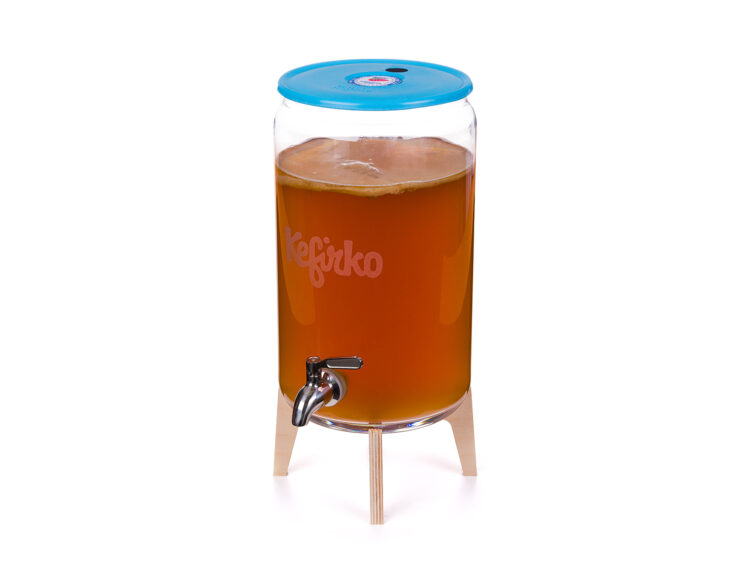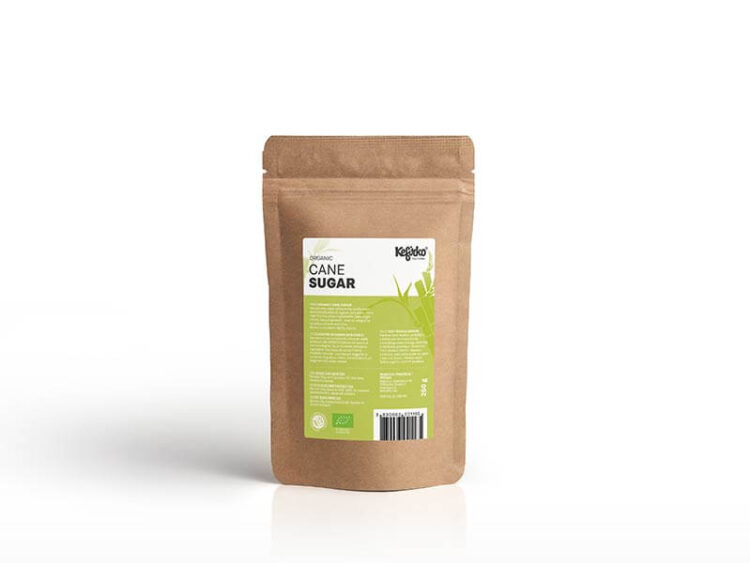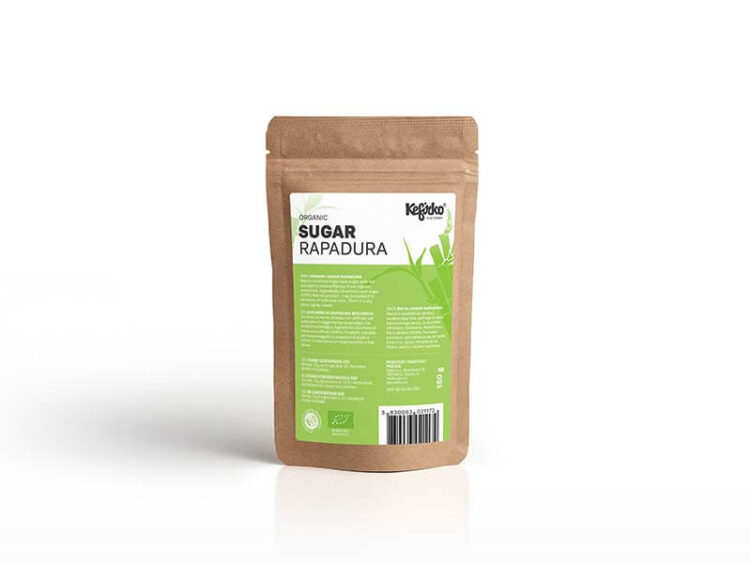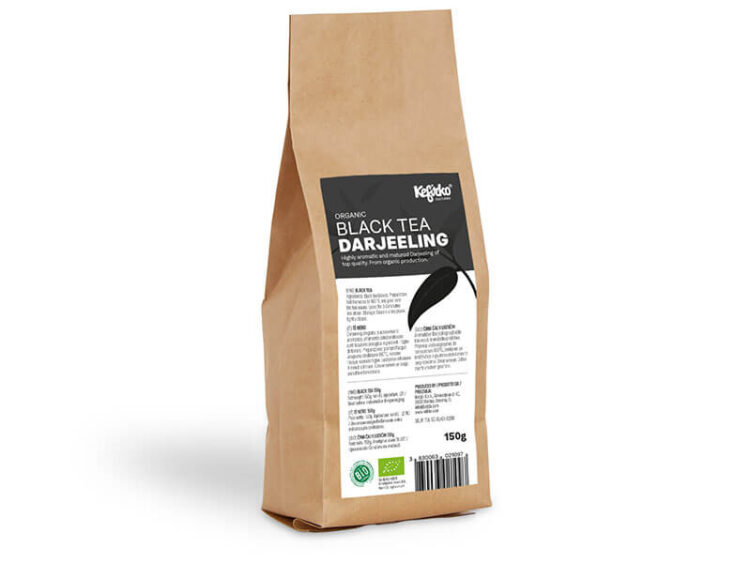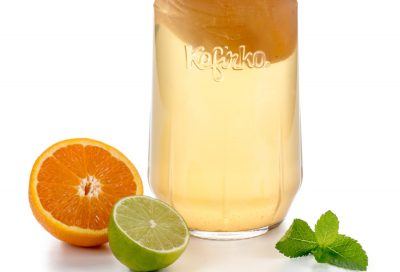How to clean with kombucha?
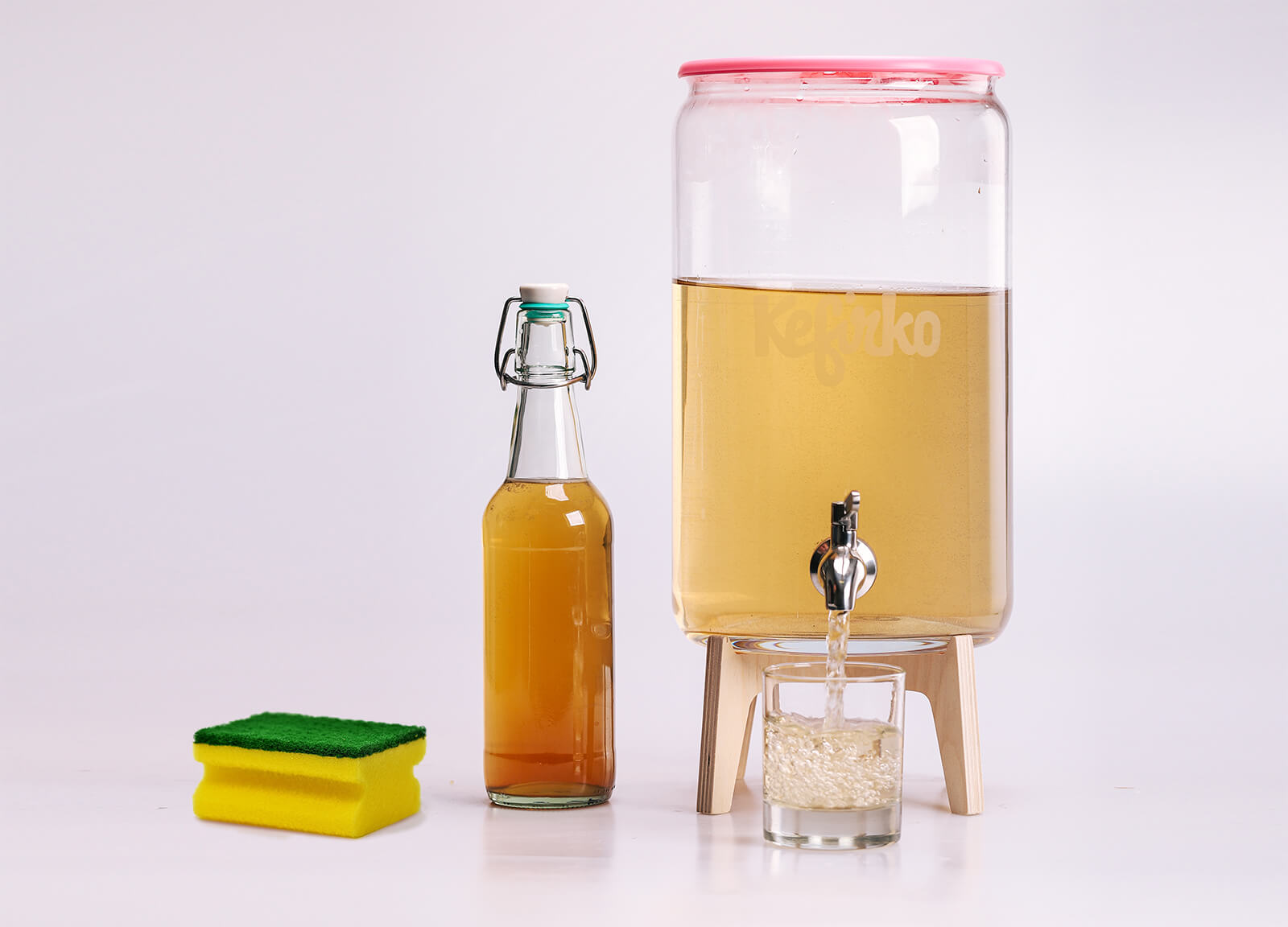
Discover the benefits of cleaning with kombucha. Learn how its high acidity and natural ingredients make it an effective and eco-friendly alternative to commercial cleaning products. Find out the best essential oils to add for extra scent and cleaning power. Join us on the journey to a greener home with kombucha.
Kombucha that has been fermented for too long can become over-fermented, which means that the yeast and bacteria have consumed all of the sugar, resulting in a vinegar-like taste and high acidity levels. Therefore it can be used as an effective cleaning agent.
How does kombucha work as a cleaner?
Benefits of cleaning with kombucha
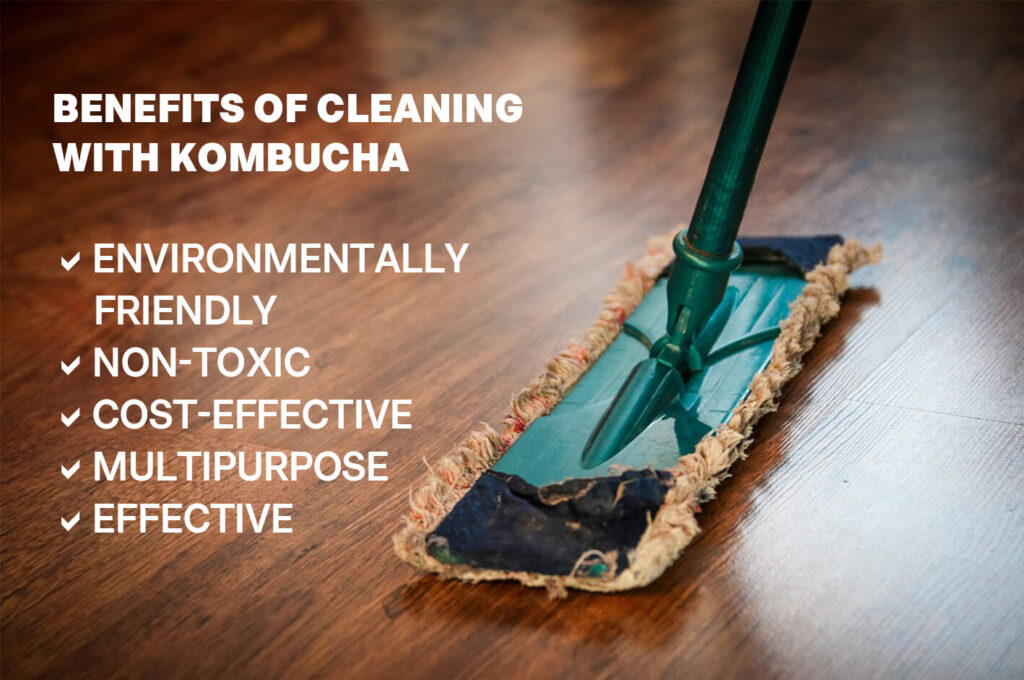
- Environmentally Friendly: Kombucha is a natural and biodegradable product, so it’s gentler on the environment compared to harsh chemicals.
- Non-Toxic: Unlike many commercial cleaning products, kombucha doesn’t contain harmful chemicals that can be harmful if ingested or cause skin irritation.
- Cost-Effective: Kombucha is relatively inexpensive compared to commercial cleaning products, making it a cost-effective alternative.
- Multipurpose: Kombucha can be used for a variety of cleaning tasks, from removing stains to cleaning windows and mirrors.
- Effective: Despite being a natural product, kombucha’s acetic acid content makes it effective in removing dirt, grime, and other buildup from surfaces.
How to use kombucha for cleaning?

Enhance it with essential oils
When using kombucha vinegar as a cleaning agent, you can add essential oils to enhance the scent and provide additional cleaning benefits. Here are some of the best essential oils to use with kombucha vinegar:
- Lemon Essential Oil: Lemon essential oil is known for its fresh, citrusy scent and its antibacterial and antifungal properties.
- Tea Tree Essential Oil: Tea tree essential oil is a powerful antiseptic and has a fresh, medicinal scent. It’s especially effective for cleaning and sanitizing surfaces.
- Eucalyptus Essential Oil: Eucalyptus essential oil has a fresh, invigorating scent and is known for its antibacterial and antiviral properties.
- Peppermint Essential Oil: Peppermint essential oil has a fresh, minty scent and is known for its antibacterial and antifungal properties.
- Lavender Essential Oil: Lavender essential oil has a calming, floral scent and is known for its antibacterial and antifungal properties.

When using essential oils with kombucha vinegar, start with a small amount, such as 5-10 drops per 500 ml of cleaning solution, and adjust as needed.
It’s important to keep in mind that while kombucha is a natural cleaner, it’s not as strong as commercial cleaning products, so you may need to use more of it and put in more elbow grease to get the desired results.
Also, be aware that kombucha has a strong, vinegar-like odor that can linger, so it may not be suitable for use in certain environments, such as a kitchen or bathroom, where the odor could be overpowering.
Overall, kombucha can be a great alternative for people looking for a more natural and environmentally friendly cleaning solution. Just make sure to use it properly and in the right situations.


